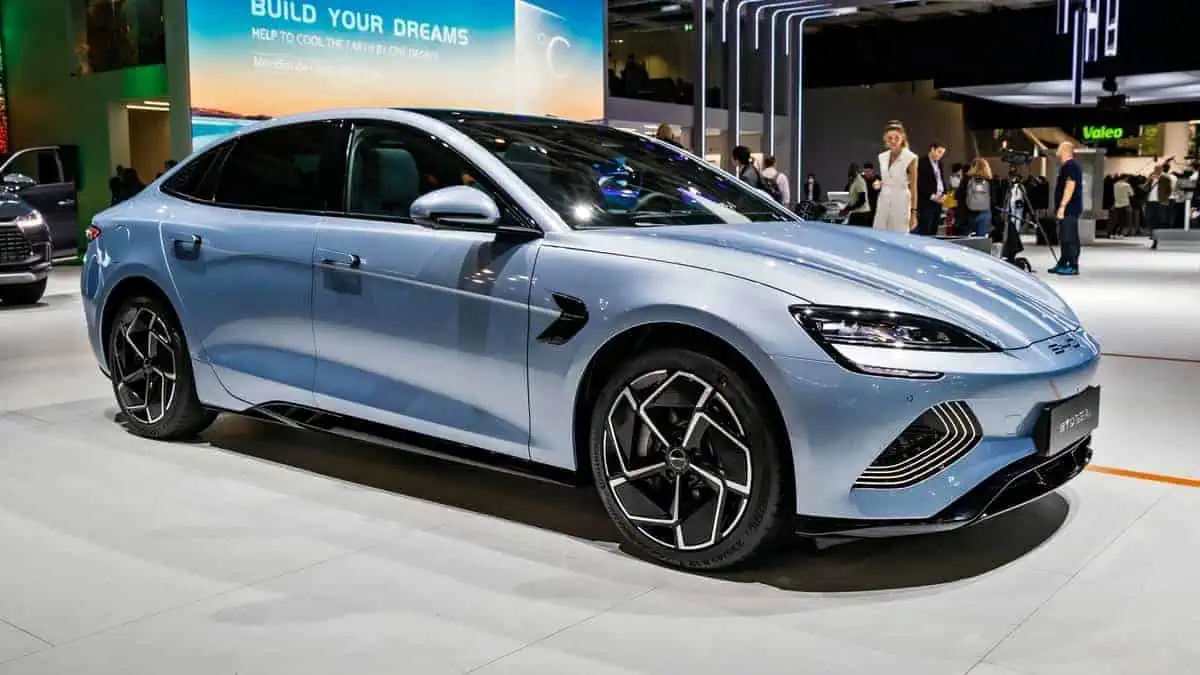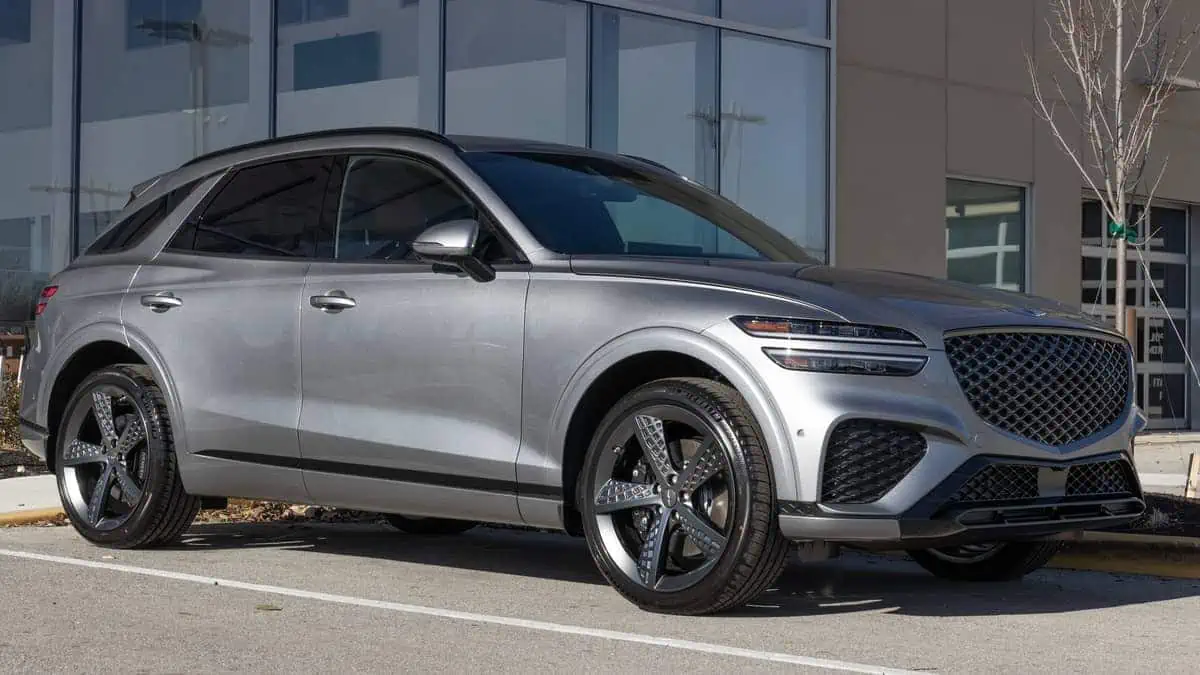Chinese electric automaker BYD seeks to compete in the South Korean market with at least three electric vehicle models within the first half of the year, KED Global reports, citing people familiar with the matter.
Market entry
BYD will meet with South Korea’s Ministry of Environment and the Ministry of Trade, Industry, and Energy in March to secure the necessary permit to market its electric vehicle offerings in the country, according to the unnamed sources.
It is worth noting that foreign companies like BYD must first complete environmental and safety certifications for electric vehicle driving range, energy efficiency, and battery safety before offering their EVs to South Korean customers. The EV models then take a comprehensive eligibility review to secure state subsidies. All these are crucial processes that take approximately 2-3 months for automakers to complete.
Therefore, BYD may be able to finally bring its EVs to South Korea in the first half of the year if it succeeds in fulfilling these requirements on time.
Upcoming models
As per the sources, BYD aims to initially sell its first global offering, Atto 3, in South Korea. It is unsurprising as the compact e-SUV is also among the top-selling models of the brand, with over 100,000 units sold in foreign markets in 2023.
It enables a driving range of 420 km between charges for only around 44 million won ($33,008) in the Australian and Japanese markets.
Apart from the Atto 3, BYD has also reportedly filed two other trademarks in South Korea, including the Seal and the Dolphin.
The midsize BYD Seal offers a driving range of up to 569 km on a single charge, beating the Tesla Model 3’s 511 km range. Meanwhile, the hatchback Dolphin offers up to 405 km range between charges.
Competition
BYD’s entry into the South Korean market will undoubtedly challenge the dominance of Hyundai’s electric vehicles, including the Kona Electric, the IONIQ 5, the Niro EV, and the Kia EV6, as per industry officials.
BYD’s Atto 3, Seal, and the Dolphin will also compete with America’s Tesla, which currently holds a decent share of the South Korean market.
“With China’s improved car technology and design skills, Chinese cars are no longer regarded as low-end models. They are affordable and at the same time good cars. Once Chinese automakers shed the image of cheap car manufacturers, they will change the EV landscape not just in Korea but globally. Chinese automobiles are crossing the Great Wall of China and entering the global market like a tsunami. Hyundai and other global automakers are losing their market.”
Unnamed Industry Official
All that said, competitors must indeed watch out for BYD, especially considering its advancement as the top-selling electric vehicle brand globally, with over 3 million unit sales in 2023.






